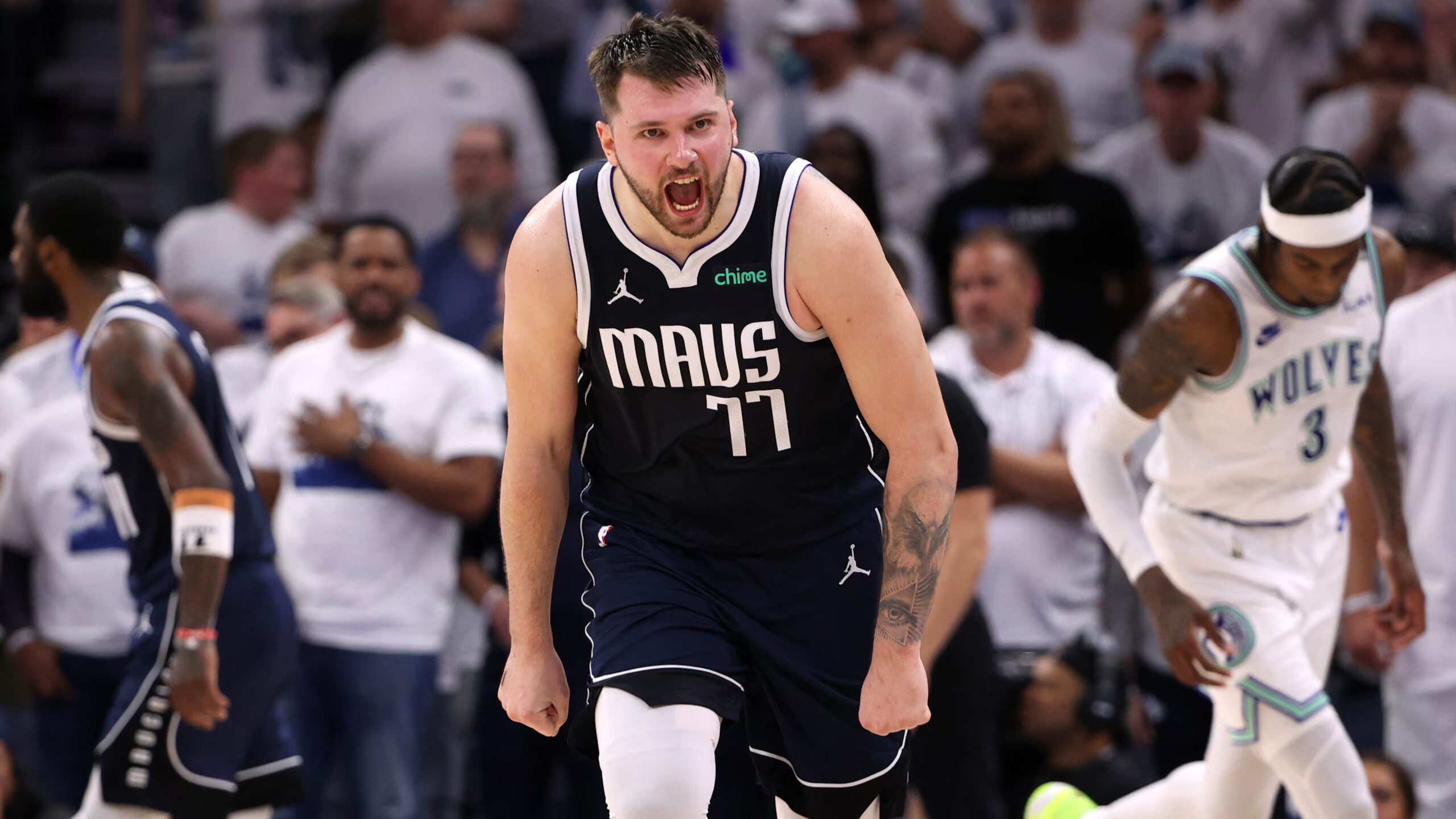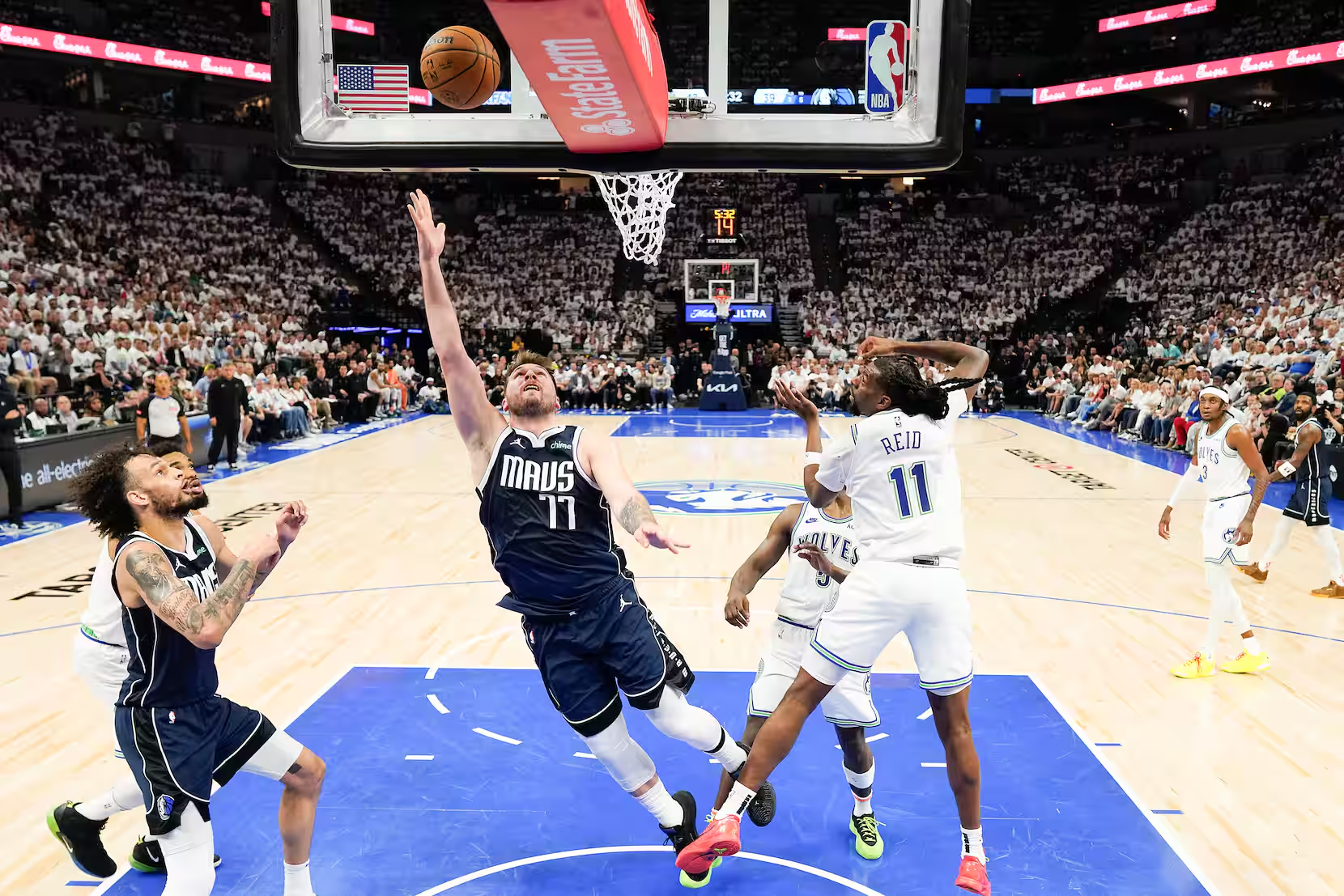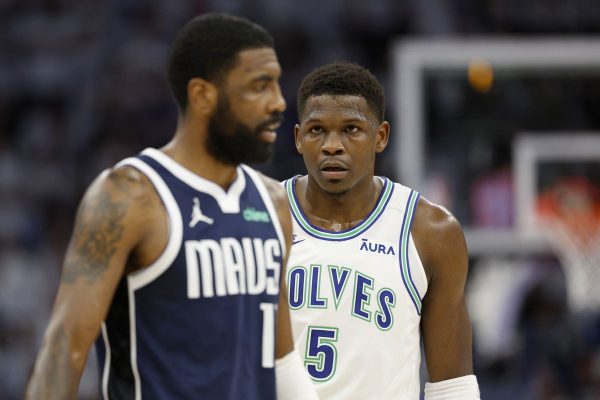Uncategorized
The Dallas Mavericks’ Evolution: Mastering More Than Just the 3-Point Shot
Over the past decade, the NBA has witnessed a 3-point revolution, largely credited to the trailblazing efforts of the Golden State Warriors and the Houston Rockets. However, one team has persistently shadowed these giants, evolving into a formidable force in its own right: the Dallas Mavericks.
Starting from the 2013-14 season, the Mavericks have consistently ranked within the top 10 for made 3-pointers. This trend began with Dirk Nowitzki, whose modernization of the stretch four position influenced Rick Carlisle’s radical strategies, eventually ushering in the Luka Dončić era. Since Dončić joined the team, only the Milwaukee Bucks have outpaced Dallas in made 3-pointers. Dončić, renowned for his exceptional 3-point shot creation, often prioritizes passing to open shooters over taking shots himself, a testament to his selfless playstyle. Despite changes in the coaching staff and front office, the Mavericks have remained synonymous with 3-point prowess.
Yet, the Mavericks’ reliance on 3-pointers has shifted. While they still shoot more 3s than most teams and have Dončić, they no longer depend solely on these shots to secure victories.
In Game 1 of the Western Conference finals against the Minnesota Timberwolves, Dallas showcased a different strategy, winning 108-105 despite making only six 3-pointers. This was a rare feat, accomplished only once before this season. This win was historic, as Dallas became the fifth team in postseason history to win when the opponent hit 12 or more 3s and only the seventh team in the past decade to win a conference finals or finals game with so few made 3s.
The Timberwolves, the league’s top defense in the regular season, aimed to limit Dallas’ 3-point attempts. In their previous series, Dallas had faced teams that allowed them to shoot freely from the corners, averaging 12.1 corner 3s per game. However, Minnesota’s strategy held Dallas to just four corner 3s in Game 1. One of those was a critical shot by P.J. Washington with 1:56 left, which gave Dallas a lead they never relinquished.
Reflecting on the game, Washington admitted he couldn’t recall how he ended up so open. His surprise at the defensive lapse highlights the effectiveness of Dallas’ adaptability. “We just had to adjust and see how they’re guarding us,” Washington said. “And we capitalized off that.”
Despite being undersized compared to the Timberwolves, the Mavericks dominated the paint, outscoring Minnesota 62-38 and outrebounding them by eight. The Timberwolves boasted elite defenders in Rudy Gobert and Jaden McDaniels, both recently named to All-Defense teams. Minnesota’s game plan banked on these stoppers containing players like Dončić and Kyrie Irving.
However, this approach faltered. Irving dominated the first half, scoring 24 points on 11-of-14 shooting. Minnesota occasionally double-teamed Irving and Dončić, but Gobert often resorted to drop coverage, giving Dallas’ guards space to attack. After Irving’s first-half performance, Dončić took over in the fourth quarter, scoring 15 of his 33 points and sealing the game with a crucial defensive play that prevented a Gobert dunk.
Dereck Lively, Dallas’ rookie center who played significant minutes, praised Dončić’s defensive effort. “Having someone like Luka who’s that locked in on the defensive end, it’s amazing,” Lively said. Lively finished with a plus-19 rating, underscoring his impact.
Role players also stepped up, making timely contributions. Despite Minnesota limiting Dallas’ corner 3s, the Mavericks created above-the-break opportunities, though they shot just 6-of-24 from beyond the arc. With Dončić and Irving driving the offense, the team thrived inside the arc.
“If that’s the way they’re going to play us, then we’ve got to be able to eat up the paint and knock down the 2s,” Coach Jason Kidd said.
Minnesota will likely adjust their defense for the next game, possibly doubling down on their strategies or trying new tactics. However, with the confidence gained from stealing home court advantage, Dallas is well-prepared to adapt.
The Mavericks’ evolution from a team heavily reliant on 3-pointers to one capable of winning through diverse strategies exemplifies their growth. As they continue their playoff journey, their ability to adapt and excel in different facets of the game makes them a formidable opponent, no longer just living and dying by the 3-point shot.
Get more update in Belcesly!!




